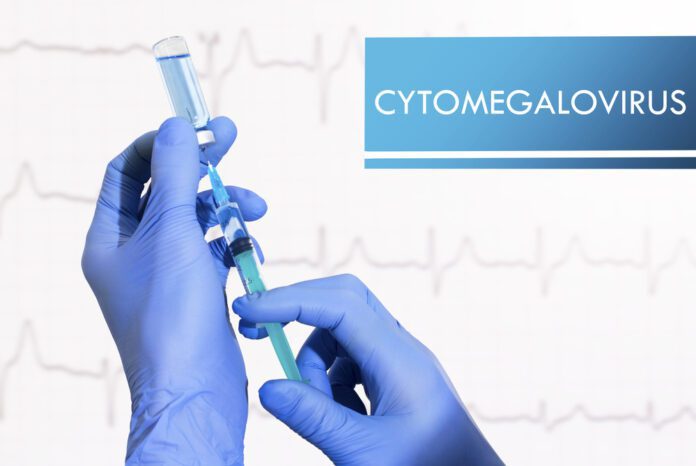Overview Of Cytomegalovirus (CMV)
Cytomegalovirus (CMV) infection is a disease caused by a type of herpes virus.
Commonly Associated With
CMV mononucleosis; Cytomegalovirus; CMV; Human cytomegalovirus; HCMV
Causes Of Cytomegalovirus (CMV)
Infection with CMV is very common. The infection is spread by:
- Blood transfusions
- Organ transplants
- Respiratory droplets
- Saliva
- Sexual contact
- Urine
- Tears
Most people come into contact with CMV in their lifetime. But usually, it’s people with a weakened immune system, such as those with HIV/AIDS, who become ill from CMV infection. Some otherwise healthy people with CMV infection develop a mononucleosis-like syndrome.
CMV is a type of herpes virus. All herpes viruses remain in your body for the rest of your life after infection. If your immune system becomes weakened in the future, this virus may have the chance to reactivate, causing symptoms.
Symptoms Of Cytomegalovirus (CMV)
Many people are exposed to CMV early in life but do not realize it because they have no symptoms, or they have mild symptoms that resemble the common cold.
These may include:
- Enlarged lymph nodes, especially in the neck
- Fever
- Fatigue
- Loss of appetite
- Malaise
- Muscle aches
- Rash
- Sore throat
CMV can cause infections in different parts of the body. Symptoms vary depending on the area that is affected. Examples of body areas that can be infected by CMV are:
- The lungs
- The stomach or intestine
- The back of the eye (retina)
- A baby while still in the womb (congenital CMV)
Exams & Tests
Your health care provider will perform a physical exam and feel your belly area. Your liver and spleen may be tender when they are gently pressed (palpated). You may have a skin rash.
Special lab tests such as a CMV DNA serum PCR test may be done to check for the presence of substances in your blood produced by CMV. Tests, such as a CMV antibody test, may be done to check the body’s immune response to the CMV infection.
Other tests may include:
- Blood tests for platelets and white blood cells
- Chemistry panel
- Liver function tests
- Mono spot test (to distinguish from mono-infection)
Treatment Of Cytomegalovirus (CMV)
Most people recover in 4 to 6 weeks without medicine. Rest is needed, sometimes for a month or longer to regain full activity levels. Painkillers and warm salt-water gargles can help relieve symptoms.
Antiviral medicines are usually not used in people with healthy immune function.



